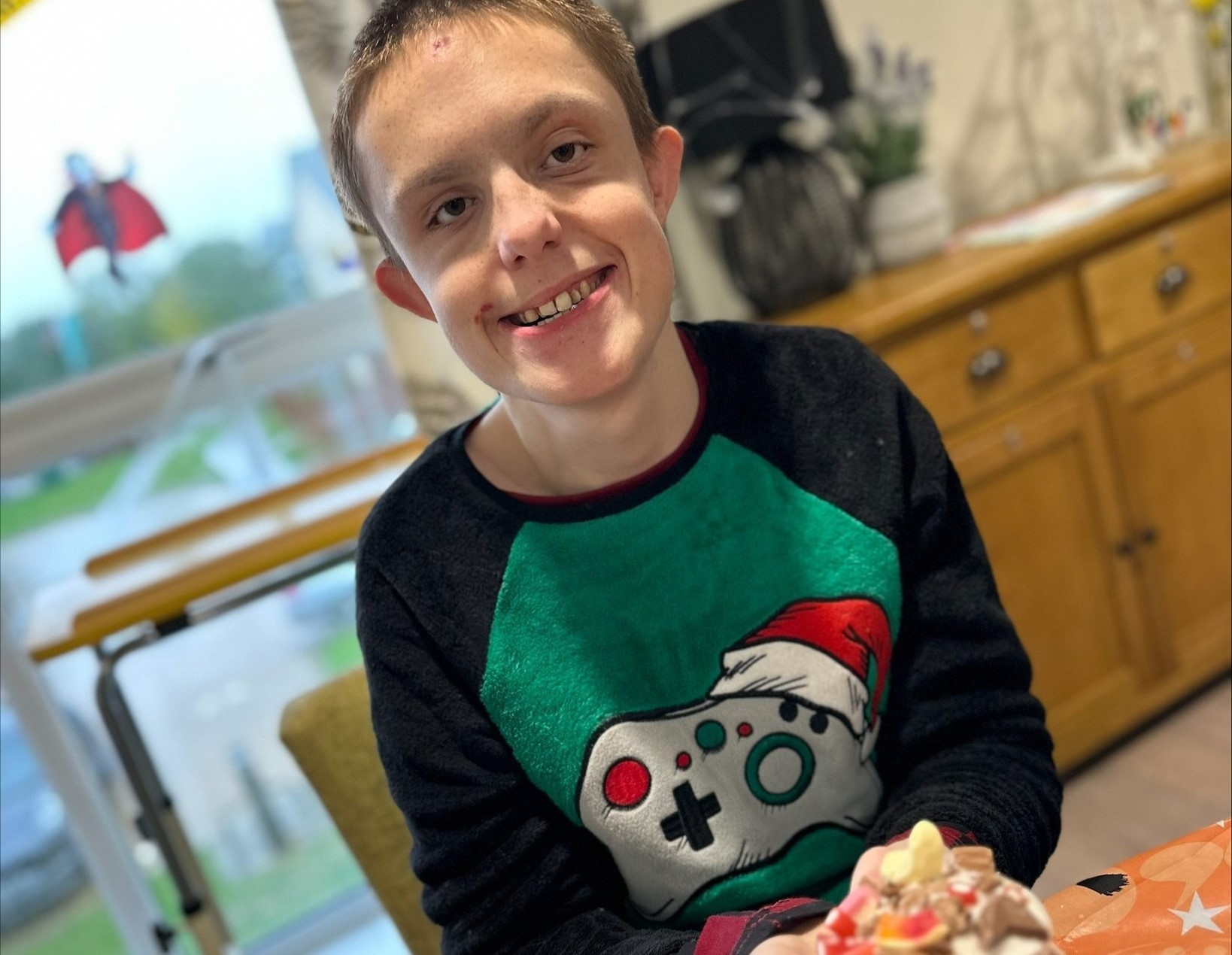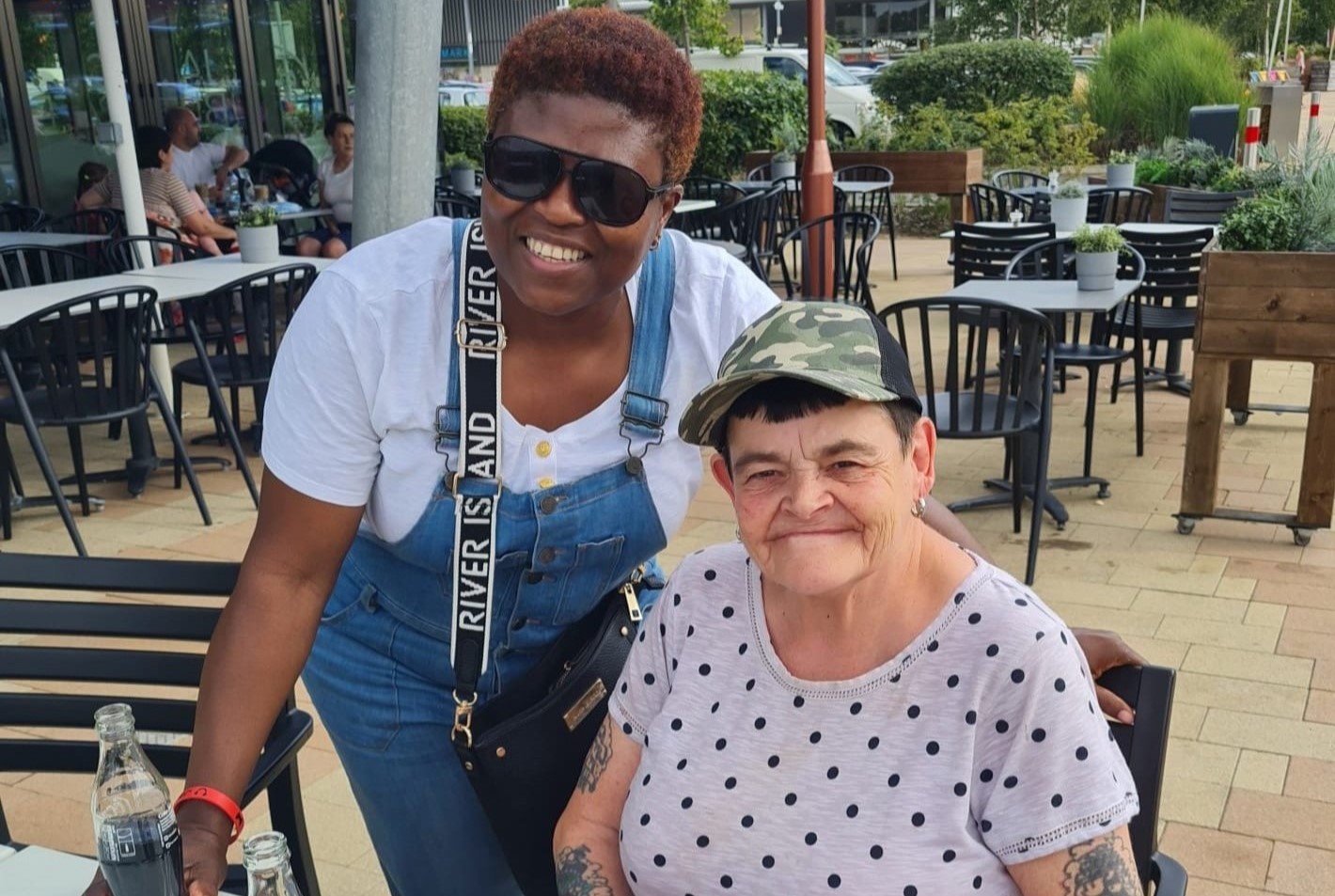Acquired Brain Injury
What is Acquired Brain Injury?
Acquired Brain Injury can be challenging to understand and navigate that’s why at Glenholme we aim to make things clear and straightforward. Acquired Brain Injury, also known as (ABI) refers to any type of brain damage that occurs after birth. This damage can be sustained by a lack of oxygen, infection, disease or a blow to the head. Each person’s acquired brain injury is different and can have a number of effects that typically impact cognitive, physical and emotional/behavioural functions. People living with an acquired brain injury can also struggle with any of these and occasionally they can pose a risk not only to themselves but others too. At Glenholme we provide tailored care, ensuring our support staff is fully equipped and trained to facilitate high-level care that is meaningful.
Main Areas of Impact
The three main effects of brain injury groups (physical, cognitive, emotional/behavioural) are broad terms to categorise the life-long symptoms that people may exhibit.
Physical: ABI can affect the way the body works, which includes mobility, weakness, fatigue, hormonal imbalance and difficulties with speech to name a few.
Cognitive: Memory and the processing of information can be affected when someone has a brain injury. Difficulty with short-term and working memory is common along with visual perception, language loss (aphasia) and impaired reasoning, insight and empathy.
Emotional/Behavioural: Regulating emotions can be challenging as many people living with an acquired brain injury experience changes in aspects of their personality and easily altered moods. Poor mental health can also be a factor and some people may develop anxiety, depression and poor anger management.
ABI Person-Centred Care
Our highly skilled team carefully tailor your unique needs after we perform an extensive risk assessment. Throughout this process our objective is to partner with you on your journey as you learning to live with an acquired brain injury can be a difficult time in a person’s life. Our aim is to empower you towards greater independence by facilitating your needs on an individual basis, regardless of the brain injury and symptoms. We also work closely with families and relevant medical/healthcare teams to help improve your standard of life and transition out of an inpatient rehabilitation service where applicable.

Ways We Can Support You
At Glenholme our mission is to provide the opportunity for people living with a brain injury to live a good standard of life. That includes understanding that having a brain injury doesn’t hinder you from moving out of rehabilitative and hospital care in some cases. There are options and part of the care we offer is ensuring you and your family are well informed of all the choices available to you. Some cases of people living with the condition allow them to go on to live in the community and rejoin society at a certain capacity.

Supported Living Pathways
At Glenholme our mission is to provide the opportunity for people living with a brain injury to live a good standard of life. That includes understanding that having a brain injury doesn’t hinder you from moving out of rehabilitative and hospital care in some cases. There are options and part of the care we offer is ensuring you and your family are well informed of all the choices available to you. Some cases of people living with the condition allow them to go on to live in the community and rejoin society at a certain capacity.
Quality Assurance
In order for us to continuously operate at a high standard and offer care that is parallel, all our services undergo regular internal audits as well as external ones such as by the Care Quality Commission (CQC). Our managers keep open channels of communication with family members to provide full transparency. This helps us assess our strengths and address areas of improvement. When it’s applicable action will be taken and this information is relayed to the appropriate people.
As well as being visited for two days every six weeks by an external auditor, we also carry out annual and monthly audits of:
- Medication
- Activity checks
- Service user surveys
- Risk Assessments
- Health & Safety
We aim to uphold standards & practices that produce the best level of care for each resident in our care facilities. Maintaining a good level of training and quality assurance measures to better the lives of those who provide and receive care.
Make a Referral
To learn more about our homes for people with mental health conditions or make a referral please complete this form
or call us at 01753 978 888
Please note that any personal information submitted on this page is confidential and will comply with the General Data Protection Regulation (GDPR).
